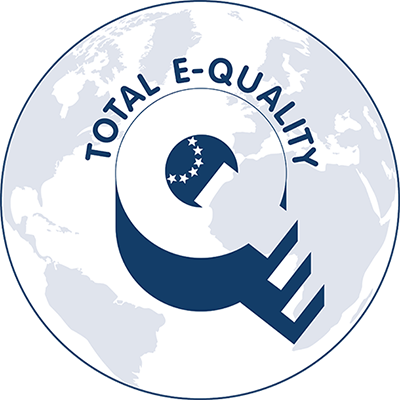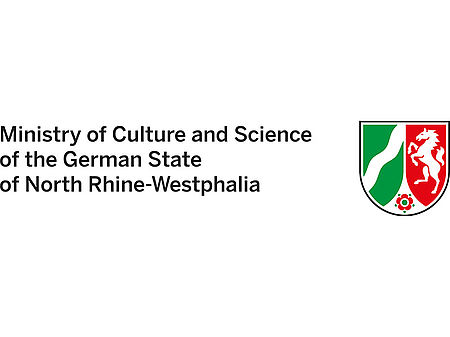How do I search for open-access articles?
One of the key characteristics of open-access (OA) publications is that they can be accessed by anyone for free online.
Below are some tips on the best ways to search for online OA resources. This list doesn’t claim to be complete, but we hope it will provide a useful starting point.
We have also included some recommendations on the fastest and cheapest ways to obtain the full texts of articles that are not open access.
Search databases that specialise in open-access scholarly literature or have a high proportion of open-access content
The following databases are a particularly rich source of open-access content:
- BASE – Bielefeld Academic Search Engine: The Bielefeld Academic Search Engine indexes documents from approximately 12,000 sources, including journals and repositories. The BASE index currently contains some 470 million publications, around 60 percent of which are open access. Users can filter their results by subject or document type, and the advanced-search function provides a wide range of additional options.
- DOAJ – Directory of Open Access Journals: The primary aim of the DOAJ is to provide information on over 22,000 OA journals. However, it can also be used to search for OA articles, since many OA journals also upload article data and full texts to the database. The DOAJ index currently contains over eight million articles. Search options are limited, though it does offer the option to search for specific subjects in the title, abstract or keywords.
- Freely accessible interdisciplinary databases with content from the life sciences such as LIVIVO, PubMed, and OpenAlex. These platforms provide filters to find full texts that are available in open access.
- Useful platforms for finding OA scholarly books include the Directory of Open Access Books – DOAB und OAPEN.
- Online search engines such as Google Scholar can also be used to search for scholarly publications. However, the results page does not always make it clear whether the full texts are open access, so it is often necessary to click on them to discover whether they are freely accessible. Publishers’ websites generally provide some indication of whether their articles and books are open access or not.
The Database Information System (DBIS) provides links to a wide range of free online scholarly databases. Although these platforms are free to access, this does not necessarily mean that the full texts of all indexed publications are freely accessible.
A useful search platform for scholarly journals is the Electronic Journals Library. This offers a filter to specifically find journals that offer free access to the full texts of articles. You can then follow the link to the journal’s website to search for relevant articles.
Online tools and browser plug-ins to find free versions of articles
Search results from library catalogues, scholarly databases and other online resources often include links to articles that are behind a paywall. This means you can only view the metadata and abstract for free. To read the full text of the article, you can choose between various options: paying a fee to access the article online, reading the article at a local library, or paying a fee to order the article through the interlibrary loan system.
We recommend first checking whether any free versions of the article are available under green OA or similar models.
There are a number of online services, apps and browser plug-ins that can help you in this task, including:
Open Access Button
Unpaywall
Open Access Helper
These services perform searches in the background, checking numerous repositories to determine whether any of them contain a free version of the article. These searches are run on the basis of the article’s digital object identifier (DOI) or similar identifier (e.g. its PubMed ID).
What can I do if I can’t find a free version of an article?
If none of the services mentioned above can point you to a free version of the full text, then the article is most likely only available on a paid basis. In this case, it may be possible to obtain the article through a local library. We recommend enquiring at nearby general and academic libraries to find out if they have a print copy or hold a licence for the relevant publication. Even if the article isn’t available on site, you can ask the library to order it from another library through the interlibrary loan system. This option is typically subject to a fee and is generally only available to holders of a library card.
The Electronic Journals Library offers the option to search for local libraries that have a licence for the journal or have a print copy of the full text available on site. If you are in the library itself, this information will generally be displayed automatically.
Many publishers will also send you a copy of the article for a fee, and typically offer a pay-per-view model for electronic publications. The EZB search engine includes a filter to find journals that offer a pay-per-view option. Paying for an electronic publication usually entitles the user to download the full text or to access the text through a private area of the journal’s website, where it can be viewed as many times as required during a limited period. The cost of viewing the full text of an article can often run to 20–40 euros, or even more in the case of books. It is often cheaper to access an article through a library using the methods suggested above rather than purchasing the article through a journal’s website. However, the library route requires more effort and is more time-consuming.
Another option is to pay a monthly fee to the DeepDyve service, which entitles you to “borrow” articles that would normally require payment. However, the options for downloading or printing full texts are very limited in DeepDyve.
For registered users living in Germany ZB MED offers an exclusive and free of charge remote access service to selected e-journals and e-books.
Another option for getting hold of a scholarly article is to contact the author to ask whether they would be willing to send a copy of the article by email. The authors’ contact details can generally be found at the top of the article in the authors’ details section.
Using shadow libraries such as Sci-Hub to find articles is often problematic for copyright reasons.
See also
ZB MED: Literature search tips
ZB MED's delivery services
What does the term 'open access' mean?
Open access vs. closed access: what's the difference between publishing in open access journals and publishing in non-open access journals?
DOI, ORCID and ROR: What makes persistent identifiers so useful?
Disclaimer
Important note: The information and links provided here do not represent any form of binding legal advice. They are solely intended to provide an initial basis to help get you on the right track. ZB MED – Information Centre for Life Sciences has carefully checked the information included in the list of FAQs. However, we are unable to accept any liability whatsoever for any errors it may contain. Unless indicated otherwise, any statements concerning individual statutory norms or regulations refer to German law (FAQ updated 02/2026).
Contact

Dr. Jasmin Schmitz
Phone: +49 (0)221 999 892 665
Send mail
Related links
BASE – Bielefeld Academic Search Engine
DOAJ – Directory of Open Access Journals
LIVIVO
PubMed
OpenAlex
Directory of Open Access Books – DOAB
OAPEN
Google Scholar
Database Information System DBIS (German only)
Electronic Journals Library EZB
Unpaywall
Open Access Helper
DeepDyve




